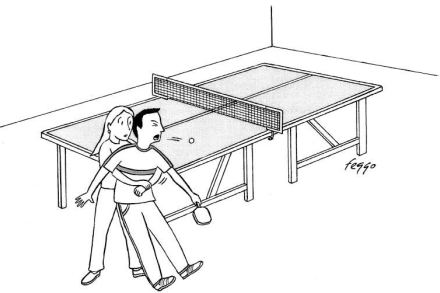The end of a period
This is a meretricious, puzzling and deeply unsatisfactory book and I resent every one of the 12 hours I spent plodding through it on a Sunday. Cherie’s publishers call her ‘insightful’ and ‘funny’, which she ain’t, and they bill the book as the inspiring tale of a clever, indomitable, feminist woman with a fierce sense



